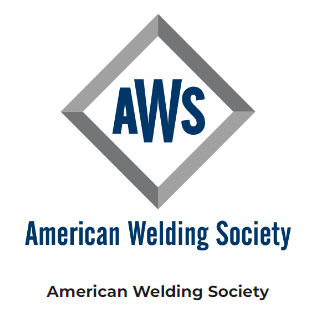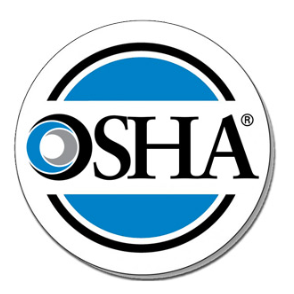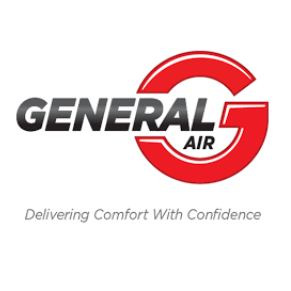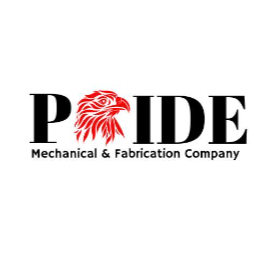Welding
Mr. Jamie Walden
Welding is both a technical skill and a craft, combining precision with creativity. It is the process of joining metals using electricity and heat, and it plays a critical role in industries ranging from construction and automotive to manufacturing and art. Students in the Welding program learn how to safely operate equipment, interpret blueprints, and build the skills that employers in South Carolina’s growing manufacturing sector demand.
Our Welding program is part of the South Carolina Manufacturing Career Cluster. Over two years, students train on industry-standard equipment, developing confidence in the techniques and processes that prepare them for both immediate employment and advanced training opportunities.
What you’ll do:
- Learn welding principles, safety procedures, and cutting techniques
- Practice blueprint reading, including lines, views, dimensions, and structural shapes
- Apply welding symbols and assembly drawings used in fabrication
- Build creativity and artistry through specialized welding projects
Certifications you can earn:
- Tier 1: OSHA-10, NCCER Core, Snap-on/NC3 Precision Measurement
- Tier 2: CTECS Welding Technology, Snap-on/NC3 Multimeter 504
- Tier 3: American Welding Society (AWS) Certifications (structural, pipe, or advanced processes depending on progression)
Students earn two high school credits each semester and up to eight credits over the two-year program. Credits count as electives toward South Carolina graduation requirements, and one credit may fulfill the CATE/Foreign Language requirement.
Visit us: Are you interested in meeting Mr. Walden and touring our Welding lab? After-school tours for prospective students and parents are available in December, January, and February. We’d love to show you the program and answer any questions you may have.
Year One: Building the Foundation
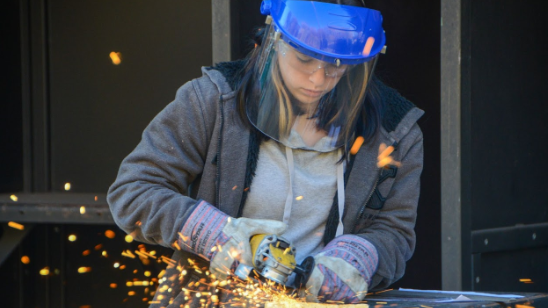
Welding 1 & 2 — (AM Session at Enoree)
Year one of the Welding program introduces students to the principles of joining metals safely and effectively while building the technical foundation needed for success in advanced manufacturing. Open to rising 10th and 11th graders, students attend Enoree Career Center during the morning session as part of their two-year commitment. Training emphasizes shop and equipment safety, blueprint reading, measurement, and an introduction to welding processes including SMAW (stick), GMAW (MIG), and GTAW (TIG). Students also explore cutting techniques and learn how to interpret welding symbols used in fabrication.
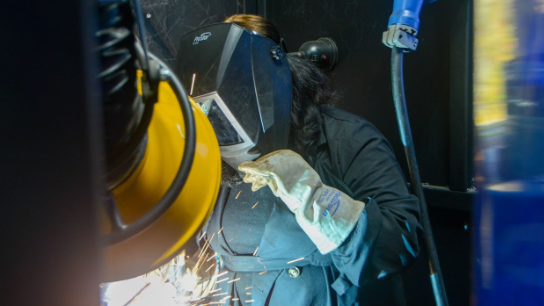
As students advance through Welding 2, instruction expands into more complex joint designs, fabrication projects, and basic inspection procedures. Students begin developing the precision and consistency required by industry while also being encouraged to use creativity and artistry in their welding work.
By the end of year one, students will have completed core certifications including OSHA-10, Stop the Bleed, NCCER Core, Snap-on/NC3 Precision Measurement, and YouScience certifications in Entrepreneurship and Welding Technology. These credentials provide a strong start for year two, where students will advance into higher-level welding processes and prepare for American Welding Society (AWS) certifications.
Year Two: Advancing the Skills
Welding 3 & 4 — (PM Session at Enoree)
Year two of the Welding program challenges students to refine their skills and prepare for professional-level certifications, advanced fabrication techniques, and high industry expectations. Students attend Enoree Career Center during the afternoon session as part of their two-year commitment. Training emphasizes advanced welding processes such as pipe welding, flux-cored arc welding (FCAW), and gas tungsten arc welding (GTAW). Students also complete more complex fabrication projects that require accuracy, consistency, problem-solving, teamwork, creativity, and a deeper understanding of quality assurance and inspection procedures widely used across the welding industry.
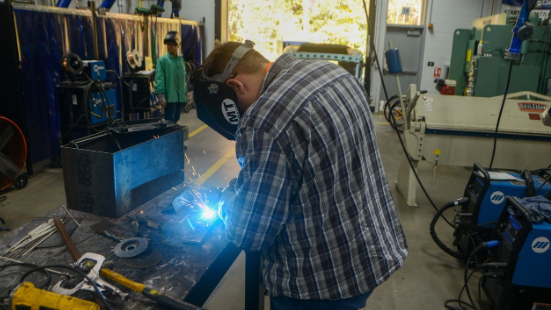
A major focus in year two is career readiness. Students are introduced to work-based learning opportunities with local companies where they can apply their skills in real shop environments while developing the professionalism and reliability employers expect. Through these experiences, students strengthen their technical skills, build industry connections, and gain valuable insight into welding careers in construction, manufacturing, and fabrication.
By the end of year two, students are prepared to test for American Welding Society (AWS) certifications, along with advanced industry credentials such as the Snap-on/NC3 Multimeter 504. Graduates leave the program with a portfolio of hands-on projects, industry-recognized certifications, and the confidence to transition into apprenticeships, technical college welding programs, or immediate employment in the skilled trades.
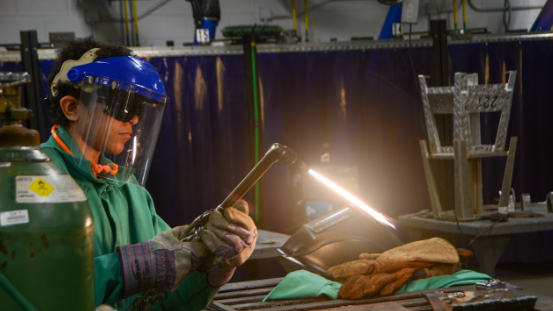
Career Opportunities
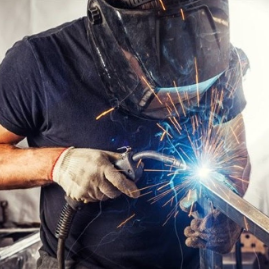
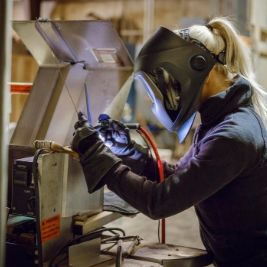
Welder/Fabricator
A typical welder fabricator is tasked with constructing a variety of metal objects. Metal construction often requires more than just welding. Welder fabricators may also be responsible for machining fabrication materials and components
Salary - $36,148 per year on average, or $17.38 per hour
Pipe Welder
The responsibilities of a pipe welder consist of assembling, installing, and repairing pipe components and systems according to specifications; inspecting materials, equipment, and tools; maintaining supplies, equipment, and tools; and preparing working materials by clamping, cutting, or applying chemical solutions to piping.
Salary - $62,111 per year on average, or $29.86 per hour
Certified Welding Inspector (CWI)
An American Welding Society (AWS) Certified Welding Inspector (CWI) is responsible for inspecting weld quality, workmanship, and conformance to specifications. Since welding is a vital aspect of building construction, vehicle manufacturing, infrastructure, and much more, Certified Welding Inspectors help ensure the general public's safety.
Salary - $90,783 per year on average, or $43.65 per hour
Job Skills & Requirements
Each skill and trade requires a specific skill set to master the content and job tasks. Below are a few critical skills and requirements needed to succeed in the program and throughout a career in this field.
- Analytical: When examining their work for quality assurance, welders use strong analytical and observation skills to assess the condition of each weld they make.
- Blueprint reading: It is important to be able to read and interpret blueprints to create new products. These professionals also use blueprints to indicate the type and direction of weld needed for a task.
- Dexterity: Professionals in this trade use their dexterity skills when operating machinery, both by hand and by computer.
- Physical stamina: These professionals spend much of their workday on their feet, so it's important that they have a high level of physical stamina. Welders also need physical strength to operate machinery and lift heavy objects.
Available Certification Opportunities
(Click logos below for more information)
Local Work-Based Learning Partners
(Click logos below to visit our partners)
NOTE: Credits earned will count as electives needed for the SC high school graduation requirements. One of the credits earned may fulfill the CATE/Foreign Language requirement for SC high school graduation. Most 4-year colleges will NOT accept career center courses as a substitute for the foreign language college admissions requirement.
